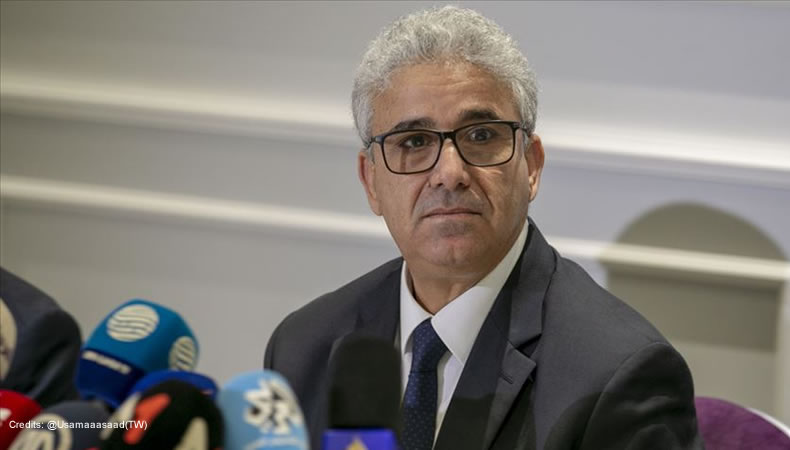Fabricated assassination attempt by Libyan interior minister impedes formation of unified government

Internal sources revealed that few of Libyan leaders have been attempting to impede the country’s peaceful political transition aimed at formation a proposed unity government. The reports emerged a day after the country’s rival parliaments met for the first time to start discussions for the same. The unity government would be functional till the elections, scheduled for December 2021.
The report highlighting the countermining of Libya’s New Presidential Council and Government saw the mention of several political figures including parliament speaker Ageela Saleh, GNA Minister of Interior Fathi Bashagha and a number of Parliamentarians.
The most shocking revelation included a fabricated assassination attempt by Libyan Interior minister, belonging to UN-backed government. Last month, Bashagha accused militant forces of attacking his motorcade and showcased it as part of the numerous challenges which lay ahead of the nation in setting up a newly appointed unity government before elections. Bashagha’s comments were deliberately directed to ignite conflict between the Tripoli and Misrata militias whilst Ageela Saleh tried to postpone and sabotage the decisive parliamentary session.
Sources revealed that both the leaders took a covert anti-unity government stand after their defeat in Genvea, and started blocking any progress leading to the Parliament’s vote of confidence.
Libya has been in a state of chaos since NATO-backed revolt ousted and killed its longtime dictator Moammar Gadhafi in 2011. The country has been divided between two forces, one led by strongman Khalifa Haftar, while the other backed by UN, aimed at promoting internationally recognised government. But increasing conflict, corruption and shattered economy raised the demand for resolution, peace and unity.
Establishment of a unified government emerged as the only solution for Libya’s never-ending conflict. With it the Africa country, which houses the continent’s largest oil reserves, would not only be able to restore peace but also achieve a steady energy production, which would make for the country’s substantial source of income. The unified transitional government would aid the war-torn nation in recovering its otherwise battered economy and tattered political setup, marred by repeated clashes and conflicts. Libyan leaders from both the sides need to come together to tackle the challenges which appear in the way of the unity government.




